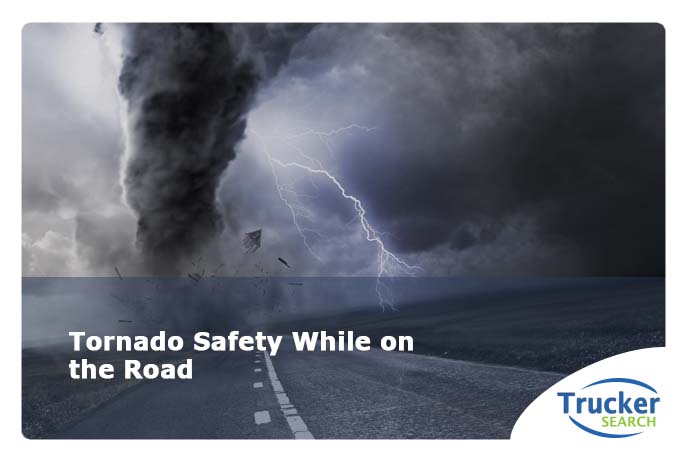Being new to trucking can be a bit scary. There are a lot of rules to follow that go far beyond obtaining your normal license to operate a vehicle. You have a responsibility on the road to not only transport the product but for yourself and the people surrounding you.
As with most things, new trucker training driver rules will go into effect in the coming weeks. Understanding these is crucial to becoming a truck driver. So, in a quick summary, this is what you need to know about the new truck driver training rules taking effect February 7, 2022.
Who Does This Apply To?
The new rules are specifically for people who are applying as new, entry-level truck drivers. This includes anyone who is applying for the following licenses:
- Class A or Class B CDL for the first time.
- Needs to upgrade an existing Class B CDL to a Class A CDL.
- Get a school bus, hazardous materials, or passenger endorsement for the first time. .
So any truck driver who already has these licenses, or is not applying for these specific scenarios, does not need to worry about the new rules going into effect.
What Does It Mean?
The rule has changed the way that training is done. Now you have to complete your training outlined by the new rules before being able to take either the written test or required skills test . Anyone who has obtained their CDL before February 7, 2022 will not need to abide by this new training.
This new training program was meant to take effect in 2020 but had a two-year delay. It was delayed so that there would be a completed Training Provider Registry so that new truck drivers entering this training had a better sense of the process.
What’s Changed?
One of the biggest differences that new truck drivers will notice is that there is no timeline for how many hours you need in training behind the wheel or in range. At first, this doesn’t make sense, but then when learning more it’s a great addition. It accounts for those who learn quicker than others.
Instead of logging time, you need to pass the proficiency test. So, drivers who learn quickly during the training will be able to move on and those who need more time can certainly take it. This makes the rules of the road a lot safer and proficient.
Where Can I Find More Information?
The Trainer Provider Registry is the best source that new truck drivers can use. Supplied by FMCSA, this registry can pair new truck drivers up with certified trainers to help them walk through the steps of obtaining their license in the desired class they are looking for.
While these rules have certainly changed the way truckers are able to get their license, many are saying improvements are needed and that the rule changes have not gone far enough. By using the Trainer Prover Registry you can stay up-to-date on these changes.










